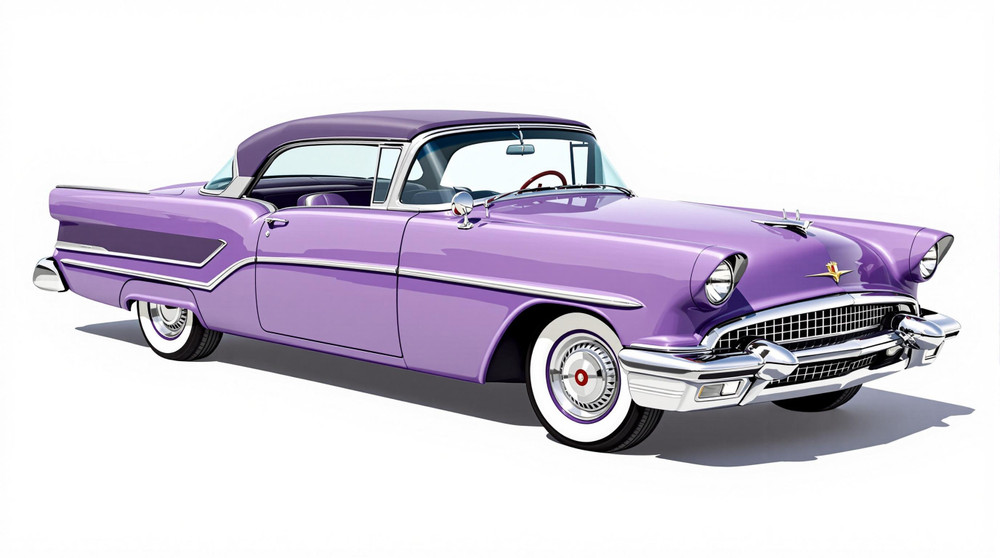Image of 1957 Packard Clipper, Note: These illustrations use artistic license and may differ from actual historical models.
Performance Metrics
Fundamental Metrics
Emotional Appeal
MMP Rating
| Engine Specifications | |
|---|---|
| Engine: | 289 cu in (4.7 L) V8 |
| Displacement: | 289 cu in (4.7 L) |
| Horsepower: | 275 hp |
| Torque: | 333 lb-ft |
| Compression Ratio: | 8.5:1 |
| Ignition System: | Distributor and coil |
| Cooling System: | Liquid-cooled |
| Performance Specifications | |
| 0-60 Time: | Estimated 10 seconds |
| 1/4 Mile Time: | Estimated 16 seconds |
| Top Speed: | 120 mph |
| Transmission and Drive | |
| Drive Type: | Rear-wheel drive |
| Transmission Type: | 3-speed automatic |
| Fuel and Efficiency | |
| Fuel System Type: | Carburetor |
| MPG: | Estimated 10-12 mpg |
| Dimensions and Brakes | |
| Brakes: | Drum brakes |
| Wheelbase: | 120.5 inches |
| Weight: | 3,800 lbs |
Note: Specifications for classic cars are given to the best of our ability, considering the limited and variant data available.
Introduction
The 1957 Packard Clipper represents a poignant chapter in the storied legacy of American automotive history. Born from the prestigious Packard Motor Car Company, the Clipper was a luxury vehicle that echoed the grandeur of its lineage while facing an era of significant change. This model year marked the final use of the Packard nameplate, making it a bittersweet swan song for a brand synonymous with opulence and innovation. The Clipper's unique position as part of the Studebaker-Packard Corporation merger adds to its historical intrigue, serving as a testament to an industry in flux.
Design and Innovation
The 1957 Packard Clipper exuded elegance through its sweeping lines and bold chrome accents. Its exterior styling was a blend of modernity and tradition, with tail fins hinting at the space-age optimism of the late 1950s. Inside, passengers were treated to a cabin that prioritized comfort and luxury, featuring plush seating upholstered in premium materials. Technologically, it boasted advancements such as torsion-level suspension, offering a ride quality that rivaled its competitors. Color options ranged from deep blues to striking reds, with White Gold being a particularly popular choice. The sedan was the most iconic body style, though other configurations like wagons were available.
Historical Significance
The Packard Clipper's impact on automotive design was underscored by its blend of performance and luxury at a time when American consumers were increasingly valuing both. It set itself apart with features like the aforementioned torsion-level suspension and its attention to detail in craftsmanship. The Clipper's influence is seen in how luxury cars balanced power with comfort in subsequent decades.
Performance and Handling
Under the hood, the 1957 Clipper was powered by a V8 engine that propelled it to respectable top speeds for its class. Acceleration from 0-60 mph was achieved with grace rather than aggression, befitting its luxurious demeanor. Handling was smooth, absorbing road imperfections with ease while maintaining composure on winding routes. Driving the Clipper was an auditory delight as well; the engine's purr was a symphony complementing the quiet cabin.
Ownership Experience
The Clipper found its niche among those who appreciated its dual role as both a daily driver and a show car. Maintenance and reliability were consistent with luxury vehicles of the time—demanding but manageable for those who valued its pedigree. While not designed for racing, it held its own as an elegant cruiser.
Fun Facts
Among its various claims to fame, the 1957 Packard Clipper is noted for being one of the last vehicles to bear the prestigious Packard nameplate. While not known for setting speed records or dominating sales charts, it has appeared in numerous films and television shows, adding to its cultural cachet. Criticisms often centered around its shared body components with Studebaker models, which some purists felt diluted the Packard prestige.
Collector's Information
Today, the 1957 Packard Clipper is a cherished piece for collectors, with values varying based on condition and provenance. Production numbers were limited as Packard wound down operations; estimates suggest that only a few thousand were made. As such, Clippers can be quite rare on the market. Values have generally appreciated over time due to their rarity and historical significance, with well-maintained examples fetching anywhere from mid-five figures up into six-figure territory depending on their originality and condition.
Conclusion
The 1957 Packard Clipper stands as a monument to an era of American automotive excellence that straddled two worlds—the past glory of Packard and the future direction of luxury cars. Its combination of style, comfort, and performance encapsulates what made Packard an icon in automotive history. For enthusiasts and collectors alike, owning a Clipper is not just about possessing a vehicle; it's about stewarding a piece of Americana into future generations.
1957 Packard Clipper Catalog of Parts
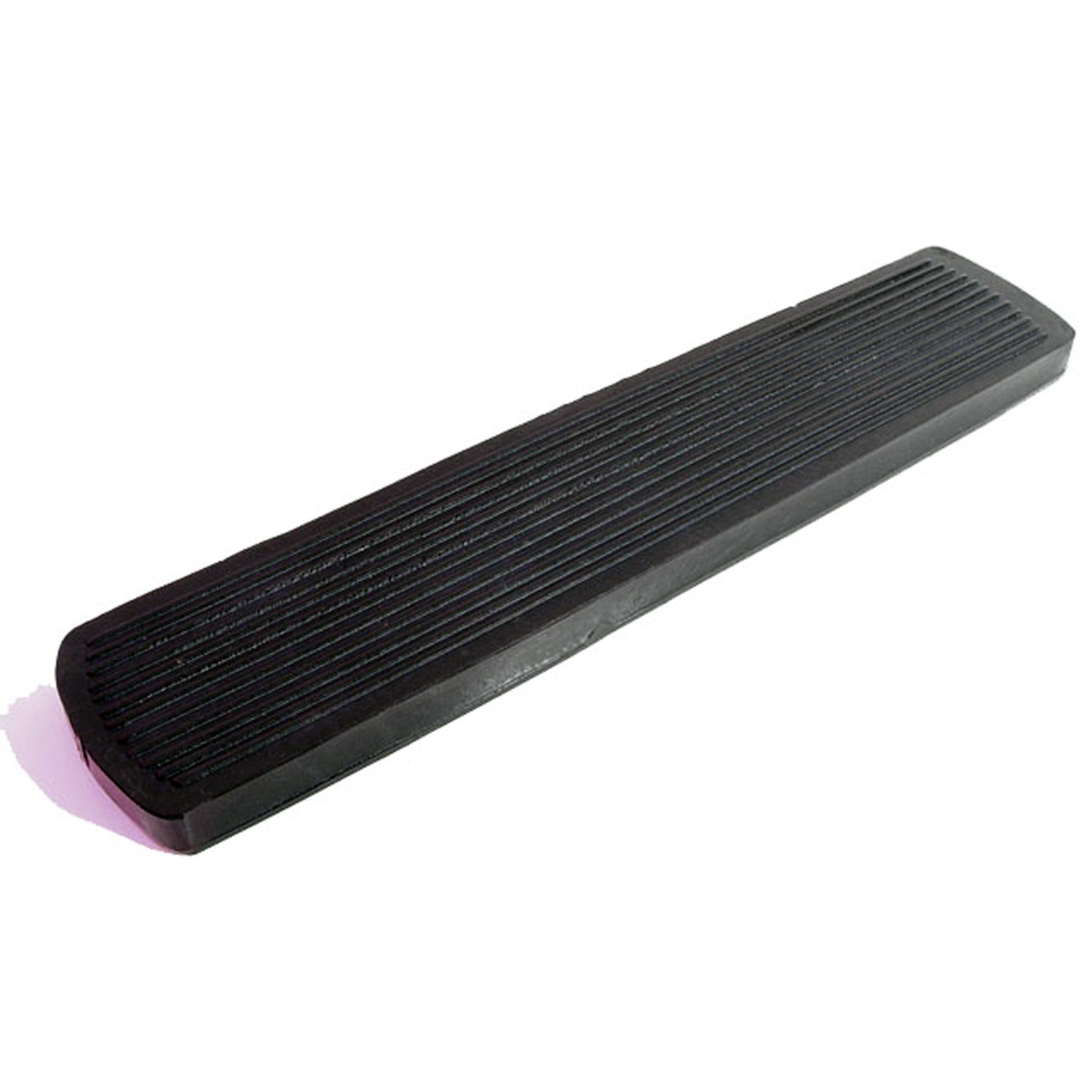 1957 Packard Clipper Accelerator Pedal Pad. 1-7/8" X 9-3/8", Each-AP 16Accelerator Pedal Pad. 1-7/8" X 9-3/8", Each
1957 Packard Clipper Accelerator Pedal Pad. 1-7/8" X 9-3/8", Each-AP 16Accelerator Pedal Pad. 1-7/8" X 9-3/8", Each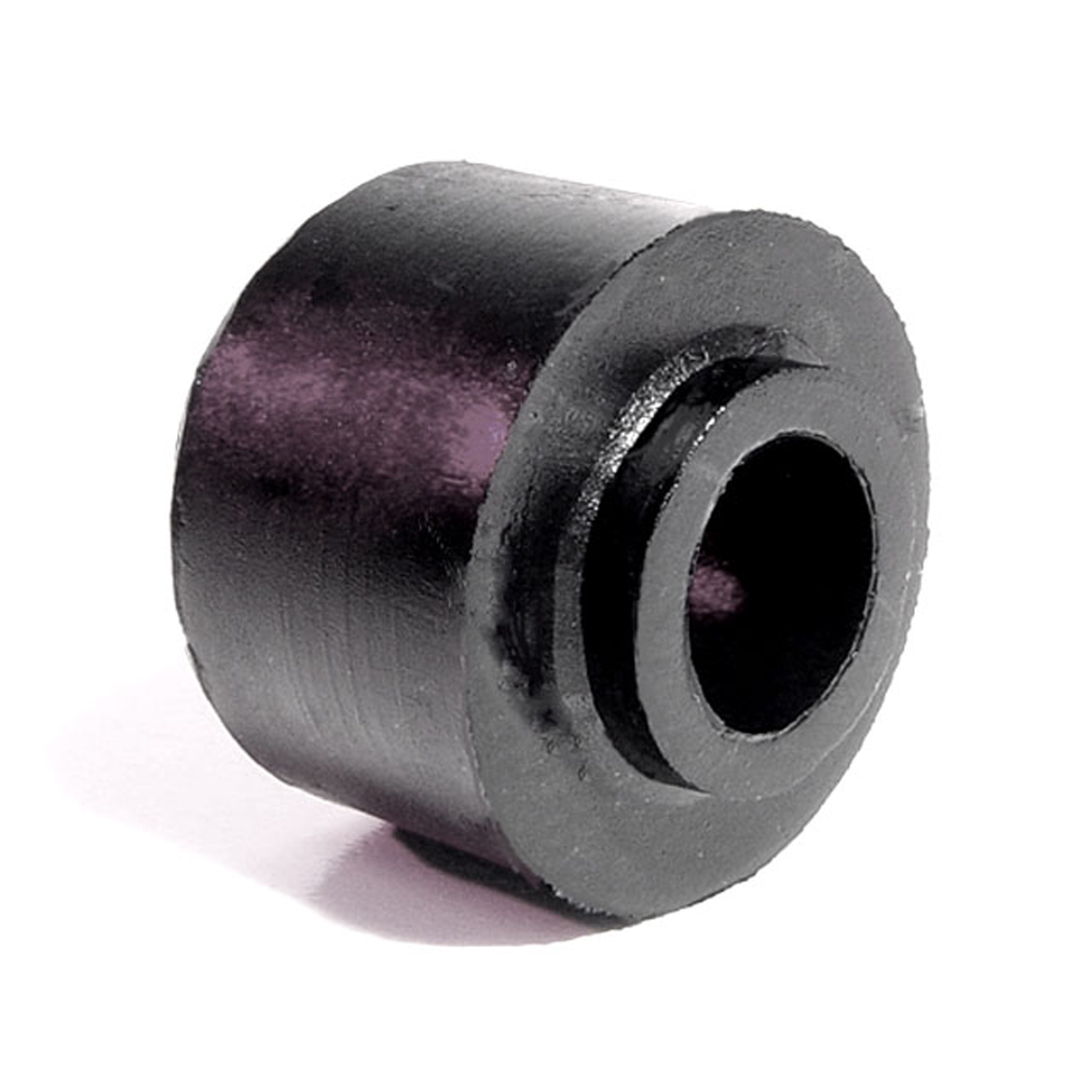 1957 Packard Clipper Shock Absorber Grommet. 1" bottom O.D., 3/4" high-BN 1Shock Absorber Grommet. 1" bottom O.D., 3/4" high., with 7/16" I.D. Each
1957 Packard Clipper Shock Absorber Grommet. 1" bottom O.D., 3/4" high-BN 1Shock Absorber Grommet. 1" bottom O.D., 3/4" high., with 7/16" I.D. Each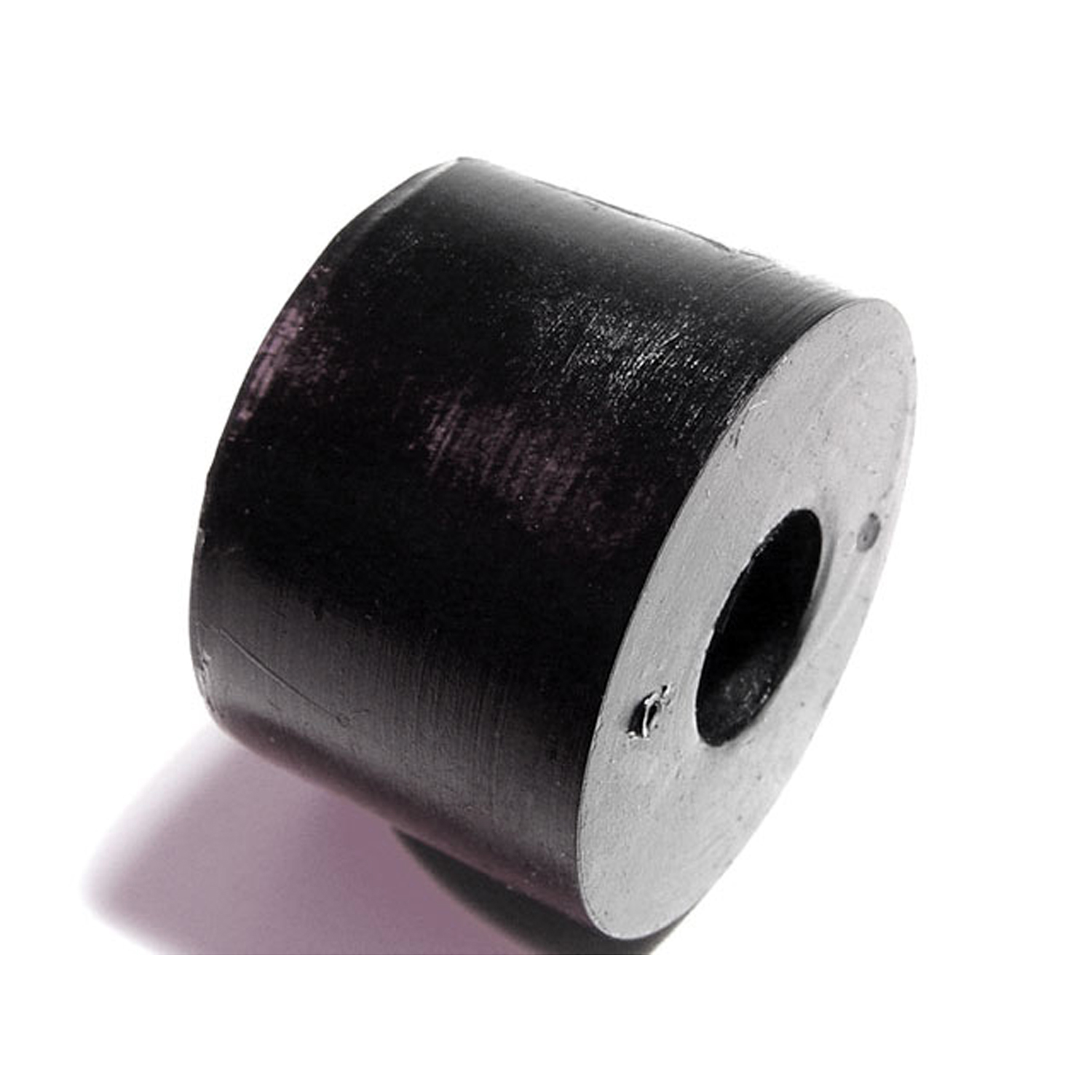 1957 Packard Clipper Shock Absorber Grommet. 1" bottom O.D., 5/8" high-BN 13Shock Absorber Grommet. 1" bottom O.D., 5/8" high., with 3/8" I.D. Each
1957 Packard Clipper Shock Absorber Grommet. 1" bottom O.D., 5/8" high-BN 13Shock Absorber Grommet. 1" bottom O.D., 5/8" high., with 3/8" I.D. Each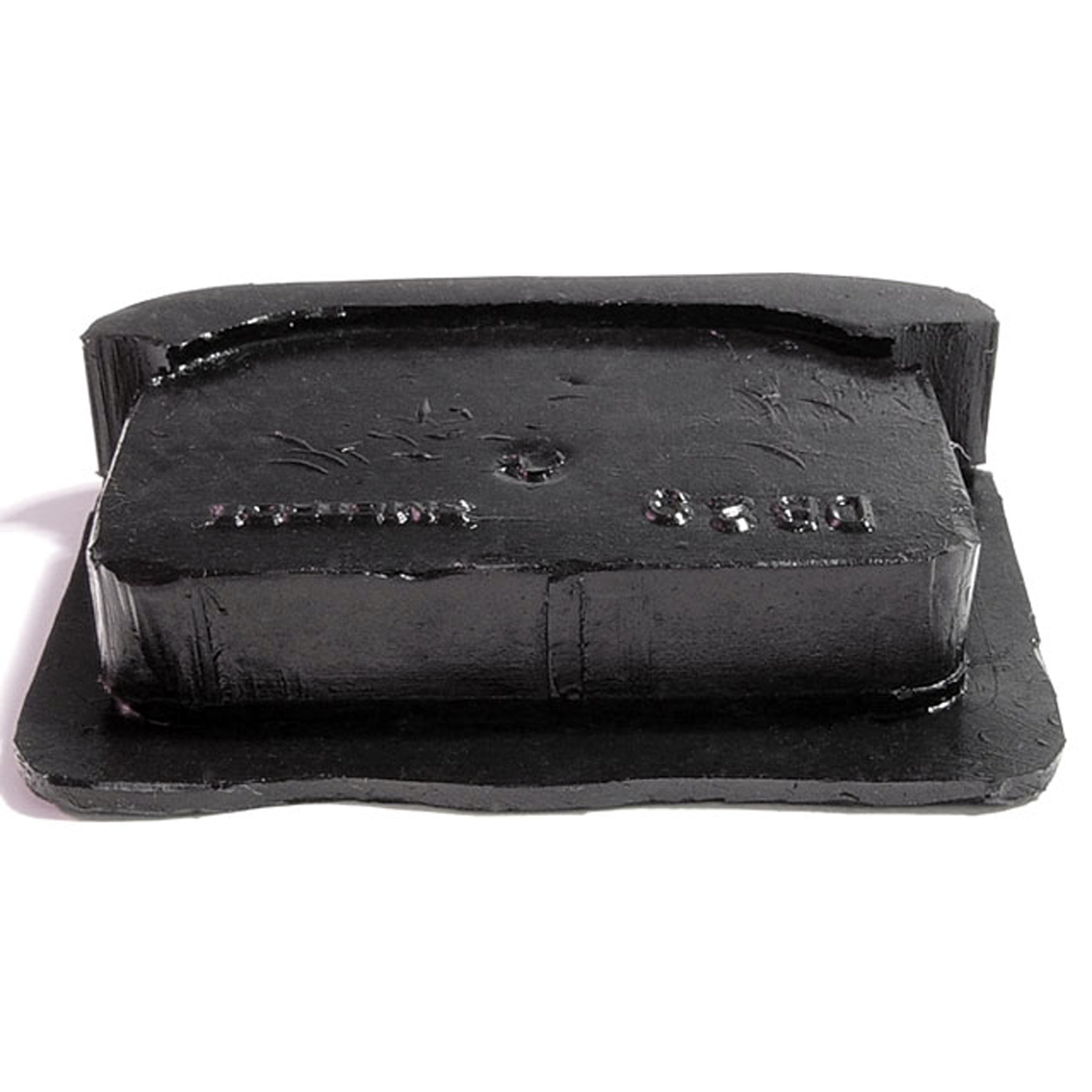 1957 Packard Clipper Door Bumper. 1-3/8" high X 2" wide X 1/2" thick. Each-DB 29Door Bumper. 1-3/8" high X 2" wide X 1/2" thick. Each
1957 Packard Clipper Door Bumper. 1-3/8" high X 2" wide X 1/2" thick. Each-DB 29Door Bumper. 1-3/8" high X 2" wide X 1/2" thick. Each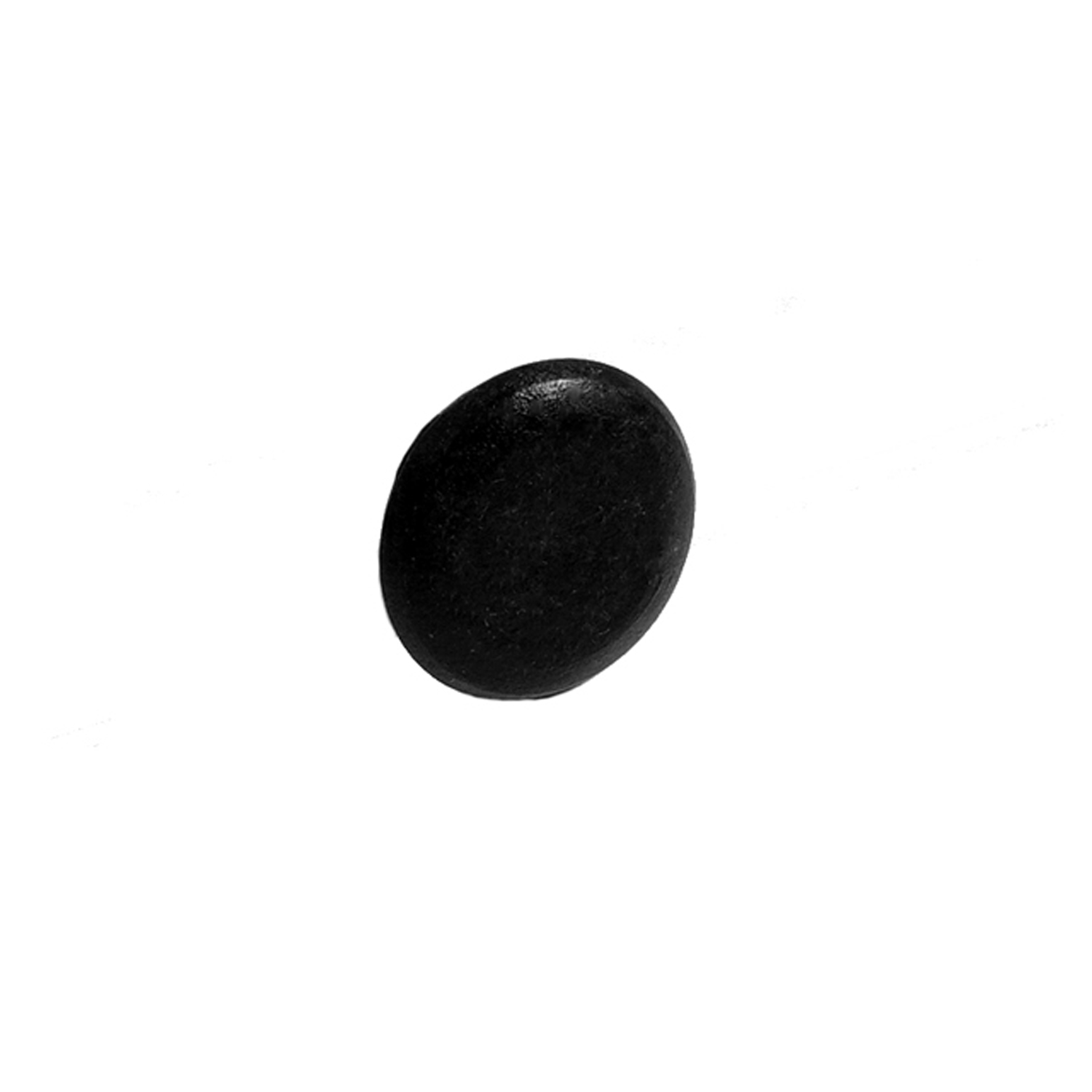 1957 Packard Clipper Trunk Bumper. 3/4" O.D., 5/8" I.D. Each-SB 74Trunk Bumper. 3/4" O.D., 5/8" I.D. Each
1957 Packard Clipper Trunk Bumper. 3/4" O.D., 5/8" I.D. Each-SB 74Trunk Bumper. 3/4" O.D., 5/8" I.D. Each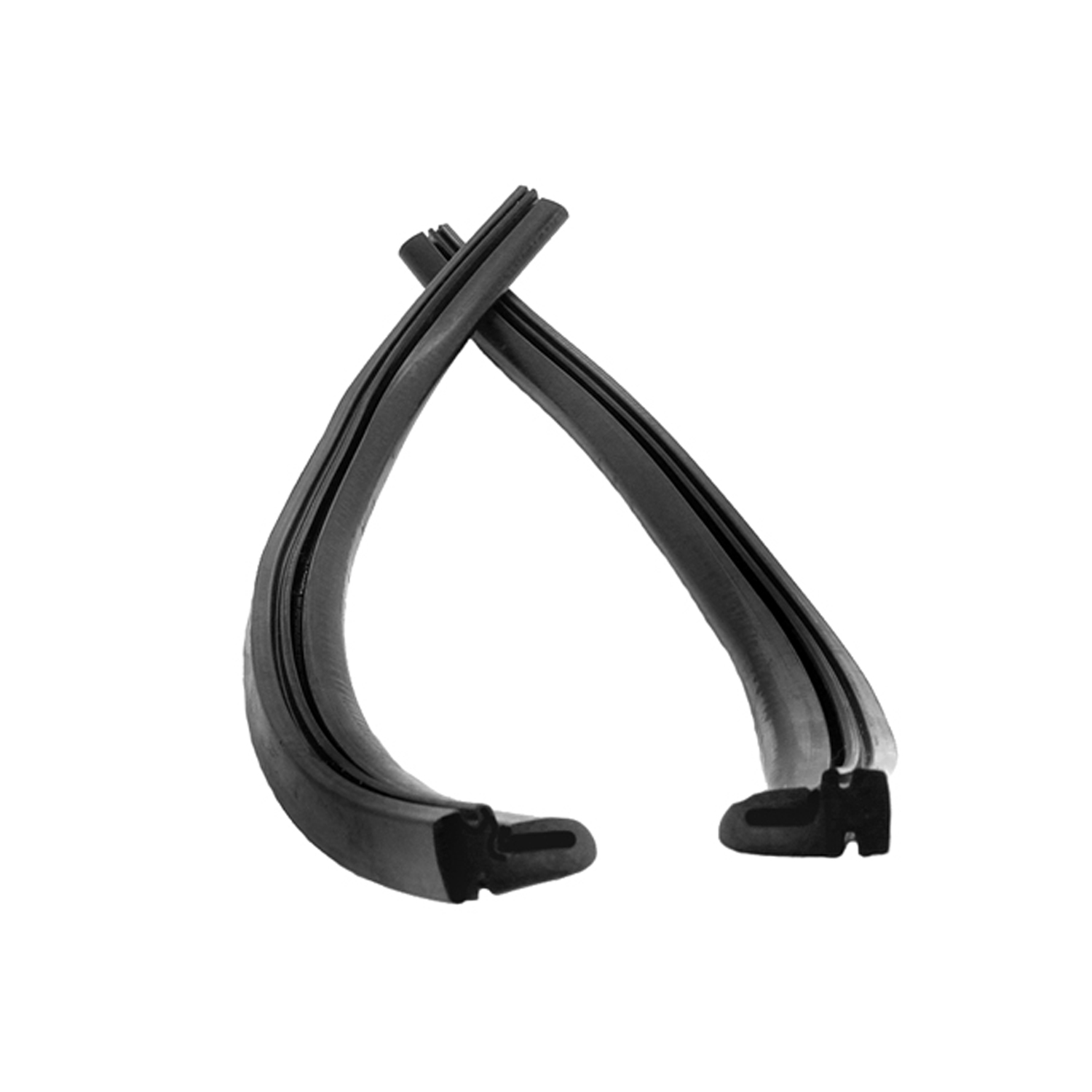 1957 Packard Clipper Rear Roll-up Window Seals, for Hardtops and Convertibles-VS 7Rear Roll-up Window Seals, for Hardtops and Convertibles. For leading edge of rear quarter windows. Two pieces, 17-3/4" long. Pair
1957 Packard Clipper Rear Roll-up Window Seals, for Hardtops and Convertibles-VS 7Rear Roll-up Window Seals, for Hardtops and Convertibles. For leading edge of rear quarter windows. Two pieces, 17-3/4" long. Pair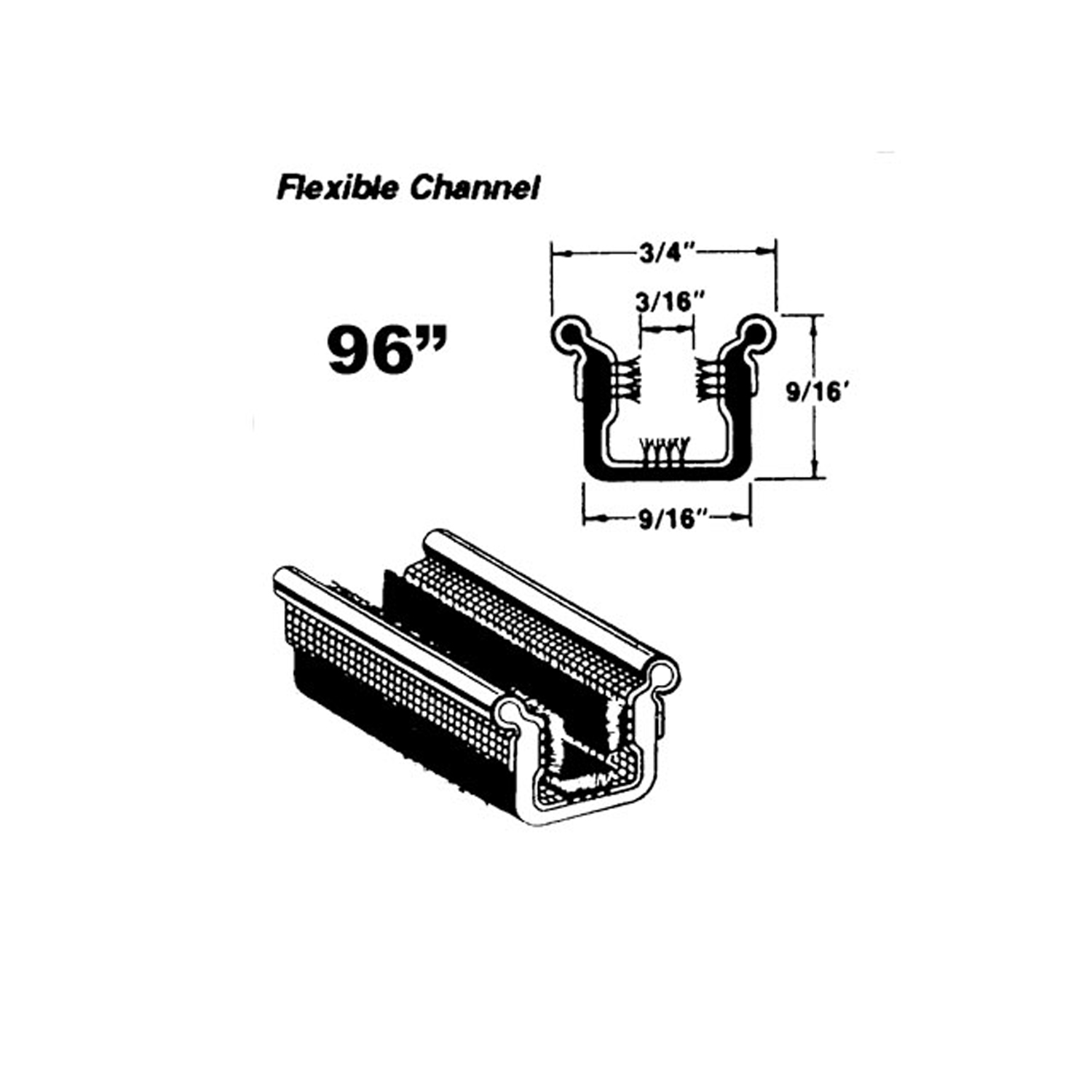 1957 Packard Clipper Flexible window channel-WC 10-96Flexible window channel. Rubber covered with mohair lining and stainless steel bead. 96 in. long. Each. NOTE: $20 special shipping charge applies for domestic orders. Call or email for overseas shipping costs. Part can be sectioned in two or three equal lengths to reduce overseas shipping costs.
1957 Packard Clipper Flexible window channel-WC 10-96Flexible window channel. Rubber covered with mohair lining and stainless steel bead. 96 in. long. Each. NOTE: $20 special shipping charge applies for domestic orders. Call or email for overseas shipping costs. Part can be sectioned in two or three equal lengths to reduce overseas shipping costs.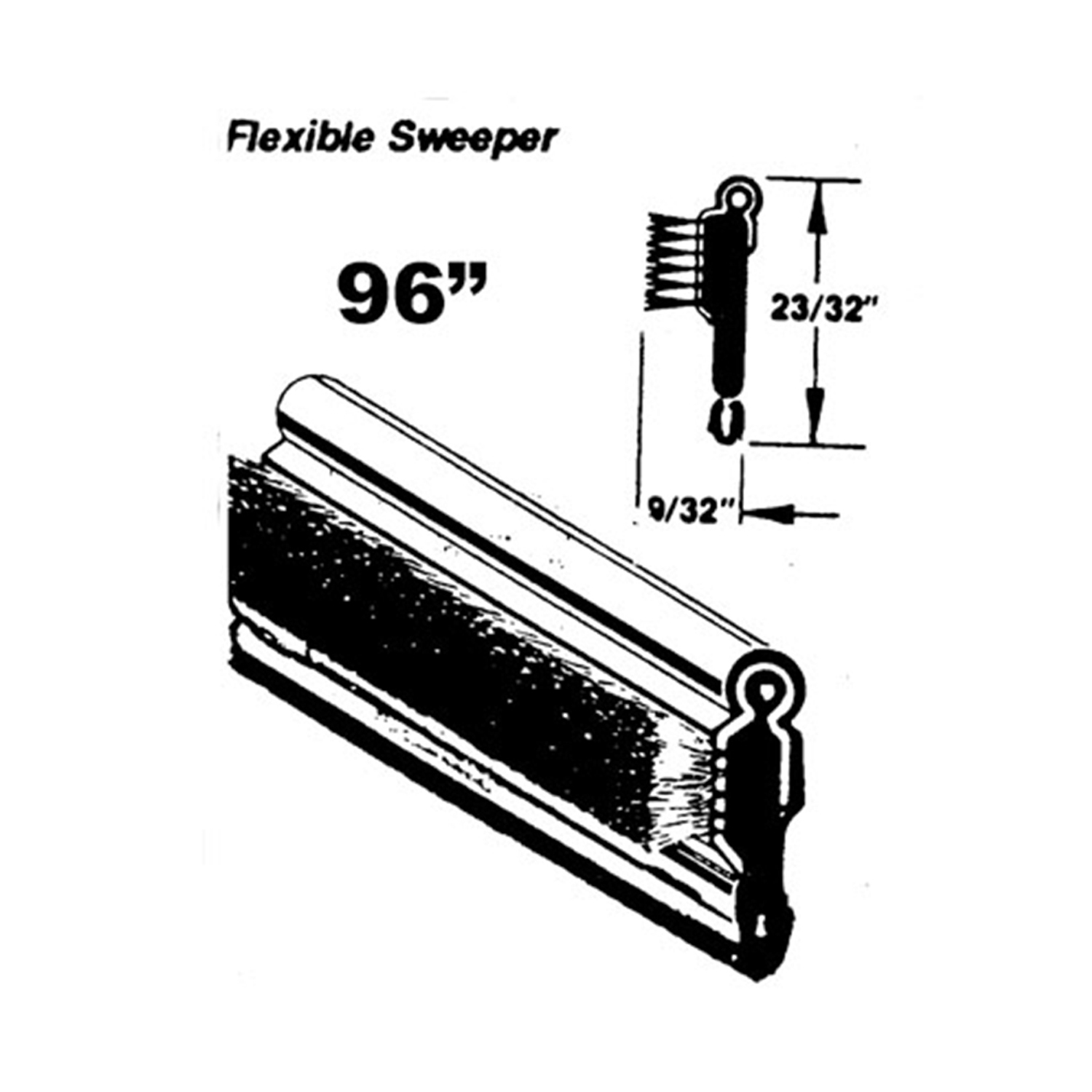 1957 Packard Clipper Flexible window sweeper. Made with stainless steel bead-WC 4-96Flexible window sweeper. Made with stainless steel bead. 96 in. long. Each. NOTE: $20 special shipping charge applies for domestic orders. Call or email for overseas shipping costs. Part can be sectioned in two or three equal lengths to reduce overseas shipping costs.
1957 Packard Clipper Flexible window sweeper. Made with stainless steel bead-WC 4-96Flexible window sweeper. Made with stainless steel bead. 96 in. long. Each. NOTE: $20 special shipping charge applies for domestic orders. Call or email for overseas shipping costs. Part can be sectioned in two or three equal lengths to reduce overseas shipping costs.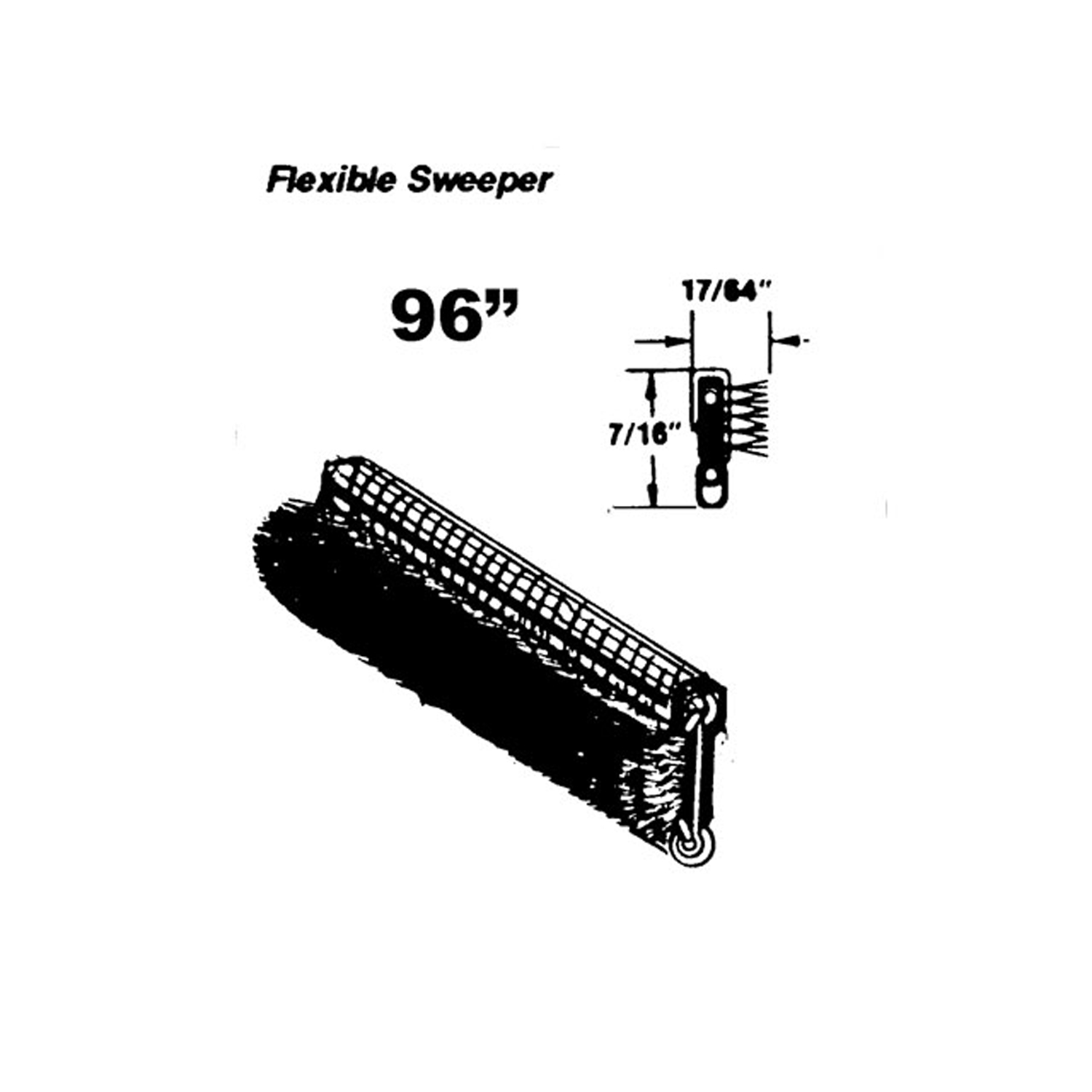 1957 Packard Clipper Flexible window sweeper-WC 5-96Flexible window sweeper. Made with black electro-plated steel. 96 in. long. Each. NOTE: $20 special shipping charge applies for domestic orders. Call or email for overseas shipping costs. Part can be sectioned in two or three equal lengths to reduce overseas shipping costs.
1957 Packard Clipper Flexible window sweeper-WC 5-96Flexible window sweeper. Made with black electro-plated steel. 96 in. long. Each. NOTE: $20 special shipping charge applies for domestic orders. Call or email for overseas shipping costs. Part can be sectioned in two or three equal lengths to reduce overseas shipping costs.Why Choose Metro?
For over 100 years, Metro Moulded Parts has been the pinnacle of quality in classic car restoration parts. Our commitment to precision and authenticity in every component ensures a perfect fit and an OEM-level appearance.
- Expert Craftsmanship & Quality: Each part is a testament to our dedication to reliability and perfection, crafted from original designs and thoroughly tested.
- Advanced Technology: We use cutting-edge techniques to create flawless, long-lasting parts that surpass others in performance.
- SuperSoft Sponge – The Ultimate Door Seal: Not only are our door seals 30% softer than competitors', but they're also guaranteed to never leak. They effectively reduce wind and road noise, enhancing your classic car's comfort and driving experience.
- Proudly American: Our parts are a product of American craftsmanship, made in the USA with a spirit of excellence and heritage.
- Unrivaled Warranty: We back our products with a 30-year industry-leading warranty, a testament to our confidence in their quality.
Join us in preserving the legacy of classic cars with parts that are crafted for perfection, not just made.

